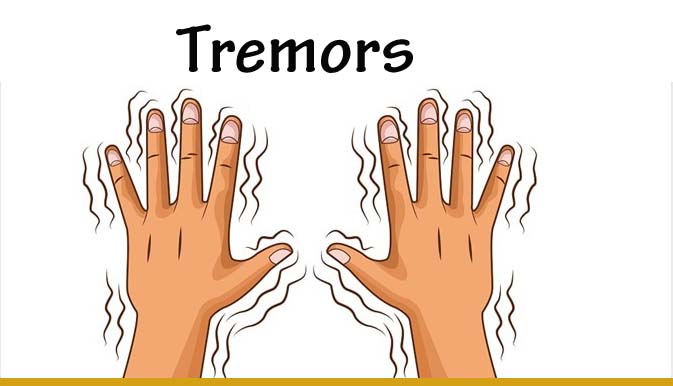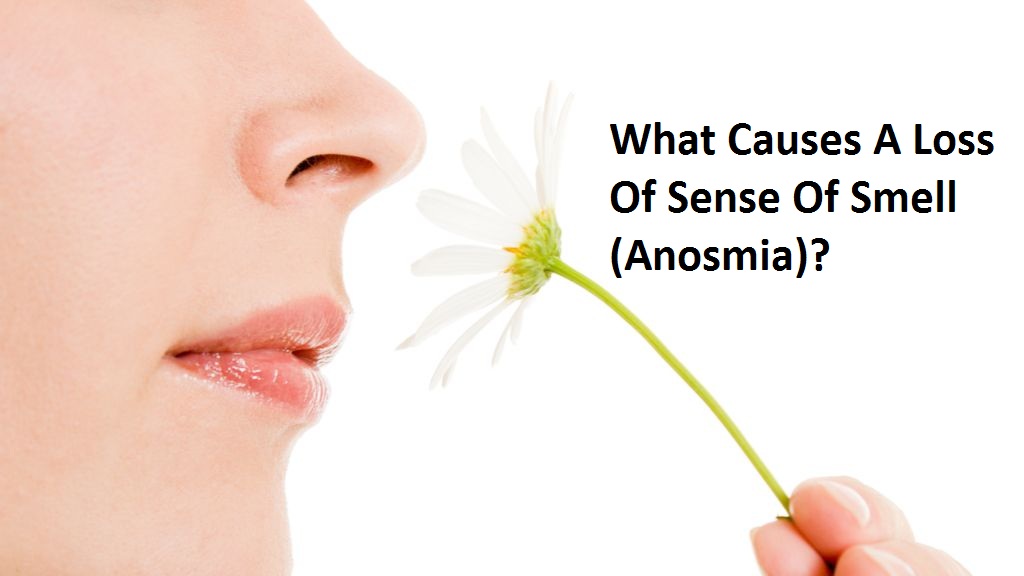
Frequent, Painful Urination Without Fever? It Could Be Interstitial Cystitis
Are you experiencing pain in the bladder or bladder pressure? Are you experiencing frequent urge to urinate? If...

Know All About Urinary Incontinence In Elderly
Are you concerned about urinary incontinence in old age? Are you keen on knowing how effective and helpful...

8 Science-Based Health Benefits Of Drinking Sufficient Water
Our bodies are made up of 60% water. We all know that water is very much essential for...

Get Online Homeopathic Treatment for Ankylosing Spondylitis
Ankylosing spondylitis is a concerning condition for several individuals around the globe. It is a discomforting form of...

Homeopathic Remedies And Dietary Management For Gout
Are you suffering from the pain or swelling in a joint in your body? Gout is marked by...

10 Precautions That You Need To Take In The First Trimester Of Pregnancy
Pregnancy is the phase that brings in a huge bundle of joy, a sense of responsibility, and also...

Is It Advisable To Consult A Homeopathic Doctor Online
The lifestyle we have chosen for ourselves is no doubt comfortable but leaves no room for self-care due...

What Causes Tremors In Hands?
While in the market or when transacting with certain people, have you ever noticed some of them had...
Deal effectively your oral thrush with homeopathy
If you or your loved ones are susceptible to frequent infections, consult a professional homeopath specialist. Homeopathic remedies...

What Causes A Loss Of Sense Of Smell (Anosmia)?
The sense of smell is one of the crucial senses that humans have and need while leading daily life smoothly. One only realizes its importance when it’s lost. The loss of sense of smell is also called Anosmia. The sense of smell makes us feel one with our surroundings. We can feel the aroma of something being cooked in the kitchen, the rotten smell when a garbage van passes nearby, the scent of green grass while sitting in a garden, the cologne or perfume fragrance of our colleagues, an odor of the washroom, etc. The sense of smell also helps us sense dangers, such as the smell of food that’s being left on the gas stove for long to cook or the smell of gas-leak or spoiled food. The sense of smell helps us in enjoying intimacy due to the ability to smell pheromones. The smell also affects appetite. It is often the aroma of cooked food that serves as the first stimulus for salivation and the secretion of digestive juices. The sense of smell is related to the taste, and, if one loses the sense of smell, the sense of taste is also lost, thereby making us unable to enjoy the food. This can affect the person’s quality of life because food serves as the biggest motivator for us all. What Causes an Individual to Lose His/Her Sense of Smell? Below are the reasons that may cause a person to lose his sense of smell. Age: The sense of smell starts to diminish as the person ages, just like the sense of hearing. Nasal allergies, flu, sinusitis, nose block resulting due to nasal congestion, nasal polyps, deviated nasal septum, etc. could cause a temporary loss of smell. The person regains the lost sense of smell once the conditions are corrected. Injury to Olfactory Area/Nerve: An injury to the Olfactory nerve or the olfactory area of the brain due to an accident or surgery may cause the person to lose the sense of smell. Tumors involving the nose, neck, or the olfactory area in the brain can be another reason. Certain chemicals: Exposure to certain insecticides and chemicals could cause a loss of sense of smell. Certain illnesses: Ailments, such as Parkinson’s disease, Multiple sclerosis, Sjogren’s syndrome, Paget’s disease, diabetes, Alzheimer’s disease, epilepsy, schizophrenia, stroke, etc. can cause a loss of sense of smell. Certain medications: Some medicines, such as antidepressants, heart medications, certain antibiotics, anti-allergic medicines, chemotherapy medicines, etc., could cause a loss of sense of smell. Radiation therapy Genetic conditions: Genetic conditions such as Kallmann syndrome, Klinefelter’s syndrome Nutritional deficiencies: Nutritional deficiencies, such as Zinc deficiency, Korsakoff’s psychosis resulting because of Vitamin B1 deficiency, can cause the loss of sense of smell. Symptoms of Anosmia: The person may experience a loss of sense of smell intermittently or persistently. Besides this, there could be a reduced appetite and weight loss since the sense of taste may also get affected....

